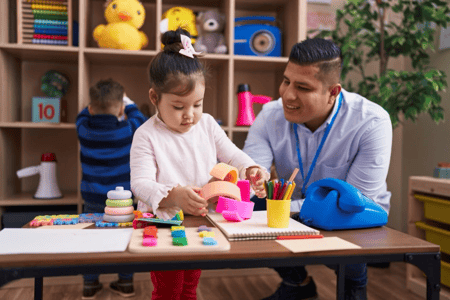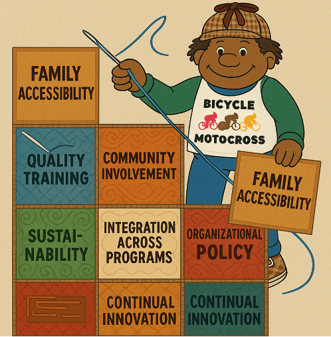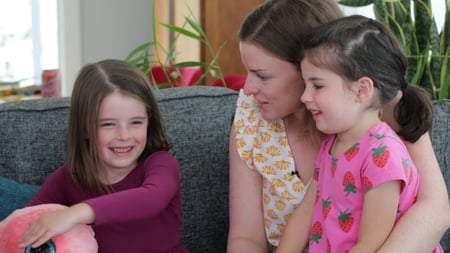How the Well-Baby Program Supports Healthy Child Development

Check out our blog for social-emotional learning articles, news, and more!
Webster-Stratton, c. (2020). How the Incredible Years® Teacher Classroom Management Program Is Trauma Informed and Promotes Students’ Resilience and Recovery. Incredible Years, Inc., Seattle, WA.
Abstract
An increasing body of research identifies the long-term impact and health harm to children’s learning and behavior due to chronic stress or a traumatic or frightening event. Collectively such childhood stressors are called Adverse Childhood Experiences (ACEs). ACEs experiences can include physical and sexual abuse or neglect, witnessing domestic abuse and violence, parental drug and alcohol problems, incarceration of a parent, severe accidents, natural and human-made disasters such as an earthquake or tornado, or a pandemic such as the Covid-19 virus, violent or accidental death of a parent, sibling or important relationship figure, parental separation or divorce, and exposure to terrorism, or refugee conditions.
Research has also shown there are protective factors that promote the resilience and recovery of children exposed to multiple ACEs. These include positive trusting, loving, and safe parent and teacher relationships, positive and supportive peer friendships, predictable rules and routines, and support to develop positive social, emotional, and academic skills. Teachers and parents working together to help children cope in healthy ways with traumatic events can have a major impact on their long-term emotional, educational, and health outcomes. One documented factor that significantly impacts children’s response to trauma is the amount and quality of trauma-related emotional support that children receive. Parent and teacher support and appropriate responses to their symptoms has been found to be a significant predictor of children’s mental health outcomes in several outcome studies (e.g., Cohen 2007).
All of the IY parent, teacher and child programs focus on positive parent-teacher-child relationship building, child directed play, four types of adult coaching methods (academic, social, emotional and persistence coaching), praise and incentives, predictable routines and rules, positive discipline, teaching children problem solving and building support groups. These methods are central to creating a safe and secure home and school environment and helping children persevere and become resilient in the face of adversity and traumatic experiences.
This article will provide a summary of how the six components of the IY Teacher Classroom Management Programs designed for training teachers of students (3-8 years) are “trauma-informed” and weave the trauma-focused cognitive, affective, and behavioral elements throughout the programs and how they are tailored to the developmental and emotional status of young children and their particular family experiences.





